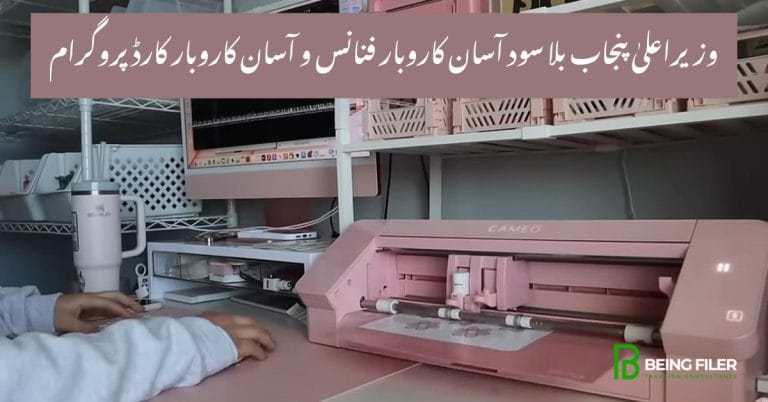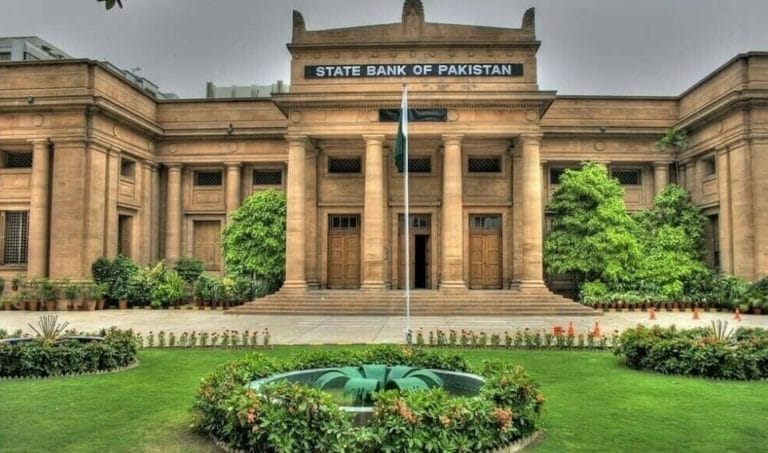Understanding Section 21 S about Tax on 200,000 Cash Deposit as per Finance Bill 2025-26

The Finance Act 2025, effective from July 1, 2025, introduces significant changes to tax regulations with the implementation of Section 21 S, as outlined in the Finance Bill published in the Gazette of Pakistan dated June 29, 2025,. This new provision imposes a restriction on cash transactions, particularly the tax on 200000 cash deposit, where any expenditure exceeding PKR 200,000 in a single transaction, if made in cash rather than through banking or digital channels, will only be admissible up to 50% for tax purposes. Read the implications of Section 21 S, the tax on 2 lakh transaction in Pakistan, its pros and cons, and answers to frequently asked questions.
Note: The tax related to Section 21 S, including the estimated 20.5% extra tax burden on cash deposit transactions above 200,000, is not charged by the bank. It will be ascertained and computed from the tax returns, accounts, and related records of the taxpayer by the tax authorities while inspecting the tax compliance of Section 21 S.
Key Highlights of Section 21 S of Finance Bill 2025-26
نئے مالیاتی ایکٹ 2025 کے تحت سیکشن 21 ایس نے پاکستان میں کیش لین دین کے قوانین میں اہم تبدیلی لائی ہے، جس میں دو لاکھ کیش پر ٹیکس کا اطلاق شامل ہے۔ اس کے تحت اگر کوئی کاروبار یا فرد ایک ہی لین دین میں دو لاکھ روپے سے زائد کیش خرچ کرتا ہے تو اس کی صرف 50 فیصد رقم ٹیکس کے لیے قابل قبول ہوگی
فرض کریں کہ آپ ایک کاروبار چلاتے ہیں اور ایک مالی سال میں 20 لاکھ روپے کا منافع کما لیتے ہیں، جن میں سے 15 لاکھ روپے اخراجات ہیں۔ اس طرح آپ کا نفع 5 لاکھ روپے رہ جاتا ہے، اور اسی پر آپ کو ٹیکس دینا پڑتا ہے جو مقررہ شرح کے مطابق ہوتا ہے۔ پہلے یہ بات سادہ تھی کہ صرف اس نفع پر ٹیکس لگتا تھا، لیکن اب حالات بدل گئے ہیں۔
اب اگر آپ کے کچھ اخراجات کیش میں ہوں اور ایک لین دین میں 2 لاکھ روپے سے زیادہ ہوں، اور وہ بینک یا ڈیجیٹل چینل سے نہ کیے گئے ہوں، تو نئے قانون کے تحت اس خرچے کاصرف آدھا حصہ یعنی 50 فیصد مانا جائے گا۔ مثال کے طور پر، اگر آپ نے 10 لاکھ روپے بینک کے ذریعے خرچ کیے اور 5 لاکھ روپے کیش میں (جو 2 لاکھ سے زیادہ فی لین دین ہے)، تو ایف بی آر صرف 2.5 لاکھ روپے کو قبول کرے گا۔ اس طرح آپ کا کل قابل قبول خرچہ 12.5 لاکھ روپے ہوگا۔ اب 20 لاکھ روپے کے ریونیو میں سے صرف 12.5 لاکھ روپے کم کر سکتے ہیں، اور باقی 7.5 لاکھ روپے پر آپ کو ٹیکس دینا پڑے گا۔
Section 21(s) – Disallowance of Business Expenditure
“(s) fifty percent of the expenditure claimed in respect of sale where the taxpayer received payment exceeding more than two hundred thousand rupees otherwise than through a banking channel or digital means against a single invoice containing one or more than one transactions of supply of goods or provisions of services.”;
Understanding Section 21 S – Implications for Businesses with Example
Imagine you operate a business and generate a revenue of 2,000,000 rupees over the course of a financial year, with expenses totaling 1,500,000 rupees. This leaves you with a profit of 500,000 rupees, which is the amount subject to tax based on the applicable rate. Previously, your tax liability was straightforward, calculated solely on this profit margin. However, recent changes under Section 21 S have altered this scenario significantly. If any of your expenses are paid in cash and exceed 200,000 rupees in a single transaction—without using a bank or digital channel—only 50% of that expense will be recognized for tax purposes.
For instance, if you spent 1,000,000 rupees through banking channels and 500,000 rupees in cash (where each transaction surpasses 200,000 rupees), the Federal Board of Revenue (FBR) will accept only 250,000 rupees of the cash expenditure. Consequently, your total allowable expense becomes 1,250,000 rupees. As a result, from your 2,000,000 rupees revenue, you can deduct only 1,250,000 rupees, leaving 750,000 rupees as taxable income, on which you will now owe tax.
With the implication of Section 21 S, for a cash deposit transaction above 200,000, an estimated 20.5% extra tax burden will be borne by the taxpayer when 50% of the cash deposit will be considered as revenue instead of expense. Businesses must adapt by using banking or digital channels to claim full deductions.
Chairman FBR Refutes Reports of 20.5% Tax on Cash Transactions Above Rs. 200,000
The Federal Board of Revenue (FBR) has unequivocally refuted claims of a 20.5 percent tax on cash transactions exceeding Rs. 200,000, clarifying that the Finance Bill 2025 amendment solely restricts 50 percent of claimed expenses for sales where payments above this threshold are made in cash or non-digital methods. This measure is designed to enhance financial transparency by incentivizing banking channel transactions, not to introduce a new tax.
“The legislation, which disallows 50 percent of expenses for cash transactions above Rs. 200,000 per invoice, was enacted by the National Assembly Standing Committee on Finance and cannot be altered until the Finance Bill 2026-27.”
FBR Chairman Rashid Mahmood Langrial
What Does Section 21 S Entail?
Under Section 21 S, a proviso limits the deductibility of cash transactions exceeding PKR 200,000 per invoice. If a business or individual incurs expenses above this threshold in cash, only half the amount is recognized as a deductible expense for tax calculations. For example, if a business spends 300,000 rupees in cash on a single transaction, only 150,000 rupees will be accepted as a deduction, thereby increasing the taxable income. This rule, linked to the tax on 2 lakh transaction, applies to the supply of goods or services and is designed to promote the use of formal banking channels, as defined under Section 2 of the ordinance.
Pros and Cons of Section 21 S
Cons
Save Your Money from Extra Taxes – Be Filer Today
Save your hard-earned money and be a tax filer and responsible citizen today. Note that Filers are charged half of the tax rates on many services as compared to Non-Filers.
Being Filer and saving money is just a click away.

FAQs
Conclusion
Section 21 S and the tax on 2 lakh transaction in Pakistan mark a transformative step toward a cashless economy, aiming to enhance tax compliance and economic transparency. While offering long-term benefits like reduced tax evasion and modernized practices, it poses immediate challenges for cash-reliant businesses. Stakeholders should adopt banking and digital solutions to mitigate the tax on 200000 cash deposit impact. As the policy evolves, collaboration between the government and business community will be key to addressing implementation challenges and ensuring balanced growth.
Actually, Section 21(s) of the Income Tax Ordinance, 2001 does not levy any tax at the time of transaction. Instead, it pertains to the disallowance of certain expenses during audit or assessment—much like other provisions that disallow expenses such as entertainment or donations when specific conditions are not fulfilled.
For further details, refer to the official Gazette of Pakistan, dated June 29, 2025, or contact the FBR.
Read more about the Budget, Taxation, Finance, Economy, News and Announcements here.







